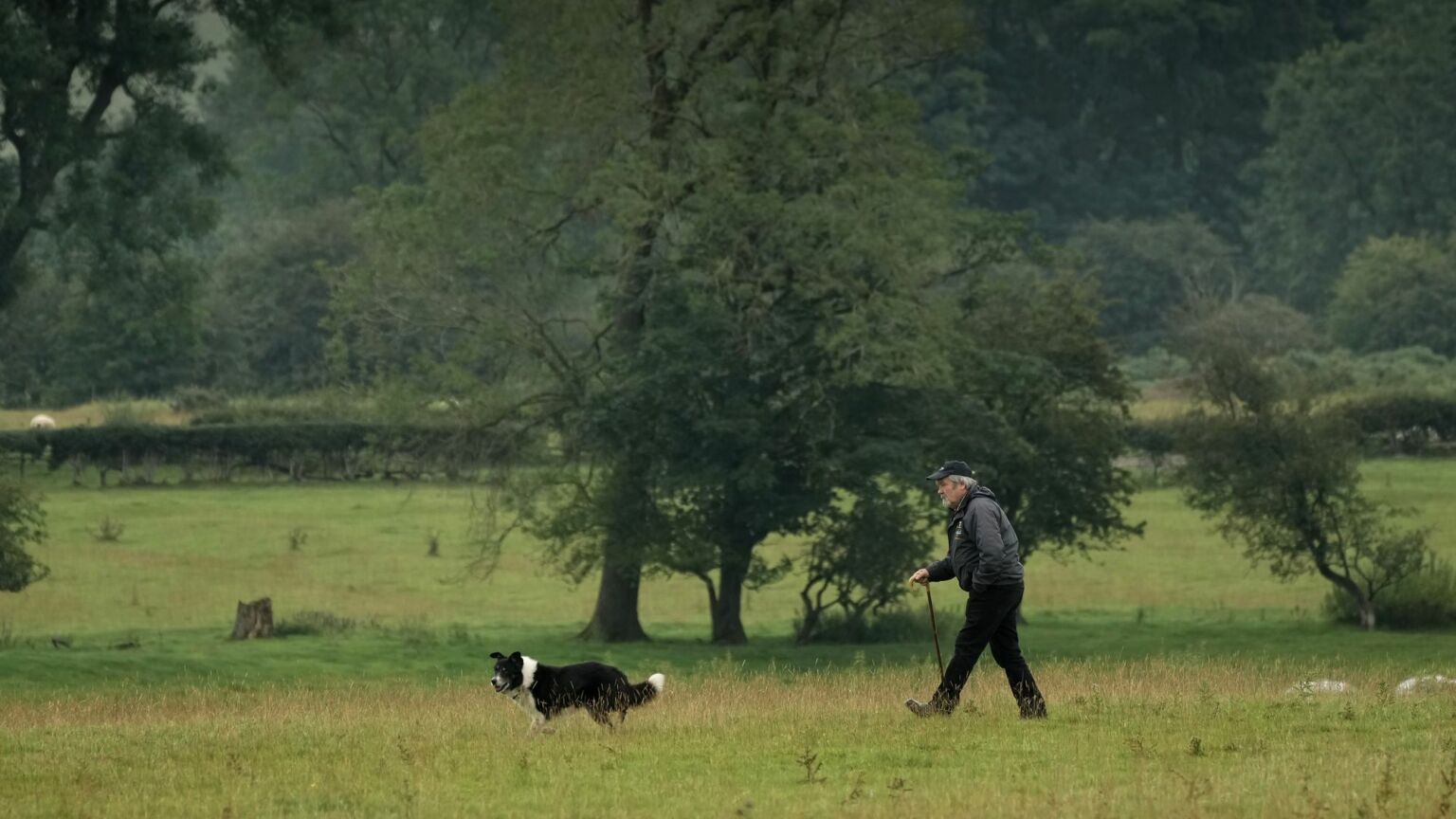No, the English countryside is not racist
The unrest in Leicester last year reminds us where our most pressing problems lie.

One of the more peculiar, recurring targets of racial identity politics is the English countryside. Hardly a week goes by without another thinkpiece arguing that rural England is a hostile environment for ethnic-minority people. And now alleged experts are being deployed to explore this supposedly dreadful, racist state of affairs.
The Daily Telegraph reports that ‘hate-crime experts’ are going to study the English countryside to establish whether it harbours ‘rural racism’. The Rural Racism Project, funded by the Leverhulme Trust, will ‘explore the lived realities of those encountering racism within the English countryside whose experiences are routinely overlooked, minimised and unchallenged’. The study follows a 2019 report, produced by the Campaign to Protect Rural England, which found that ethnic minorities account for around one per cent of visitors to England’s national parks.
There are several reasons why ethnic-minority Brits account for such a small portion of visitors to rural parts of England. Much of it comes down to geography and transport connectivity. The overwhelming majority of ethnic-minority people are based in inner-city areas and post-industrial towns, which are often not in close proximity to England’s national parks, villages and civil parishes. To travel to such locations requires a great deal of time, energy and resources. The situation isn’t helped by the unreliable state of public transportation, either.
It is also likely that ethnic minorities would simply rather visit their nations of origin. Many ethnic-minority Brits are well-travelled on an international level, while not being particularly well-travelled within their own country. This might be regrettable, but it has nothing to do with the supposedly hostile and unwelcoming nature of rural England. It’s just a matter of personal preference.
The Rural Racism Project, which will commence in October, will be led by criminology professor Neil Chakraborti, who is director of the University of Leicester’s Centre for Hate Studies. It is remarkable that a ‘hate studies’ department in Leicester is apparently so preoccupied with prejudice and bigotry in the English countryside, given the tensions that flared up in the city last year between two particular minority groups.
Leicester, a supposed paragon of multiculturalism, witnessed large-scale, subcontinental-style sectarian riots last year. In August and September 2022, disorder broke out between groups of largely male Muslim and Hindu youths. There were shocking acts of violence, intimidation and harassment in eastern parts of the city. The disorder resulted in around 150 arrests or interviews under caution. There were also a string of weapons-related convictions. Just a few weeks before the unrest erupted, the University of Leicester announced plans to hold a series of events, celebrating the city as a multicultural success story.
More work must be done to cultivate social cohesion in hyper-diverse cities such as Leicester. While academics in the hate-studies space obsess over the behaviour and attitudes of white people living in rural areas, tensions remain between England’s ethnic and religious minorities. These are often centred on foreign geopolitical disputes, such as Kashmir and the controversial prime ministership of Narendra Modi in India. A Hope Not Hate study published in August 2020 found that twice as many ethnic-minority people agree (40 per cent) than disagree (21 per cent) that there is more tension between Britain’s different minority communities, compared with tensions between white and non-white groups.
Far too many academics ignore the tensions within our inner-cities, while looking down their noses at relatively homogeneous parts of rural England. This is why rural England has become the target of ‘hate studies’ research, while diverse cities such as Leicester are romanticised to the point that problems between minorities are overlooked and allowed to fester.
There is a discussion to be had about how to make the beauty and heritage of the English countryside more accessible for young people living in deprived inner-cities and post-industrial towns. We should provide young people with the opportunity to see more of their own country. But vilifying the countryside as racist can only be counter-productive.
These hate-studies academics, many of them based in England’s hyper-diverse cities, would do well to focus more on social tensions closer to home.
Rakib Ehsan is the author of the forthcoming book, Beyond Grievance, which is available to pre-order on Amazon.
Picture by: Getty.
To enquire about republishing spiked’s content, a right to reply or to request a correction, please contact the managing editor, Viv Regan.









Comments
Want to join the conversation?
Only spiked supporters and patrons, who donate regularly to us, can comment on our articles.